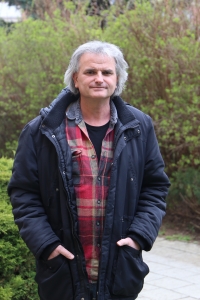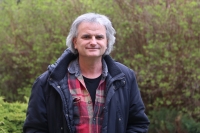When you have a belief, you have to endure something for the sake of it

Download image
Jan Gogola was born on 24 August 1971 in Uherské Hradiště. His parents, Jan and Manuela Gogola, maintained contacts with local intellectuals who were not in agreement with the ruling communist regime. Little Jan was often present at meetings and discussions with the Vaculka couple, artists, and the sculptor Otmar Oliva. He first realised that he was not living in a free country when his primary school teacher rejected Foglar’s book The Rapid Arrows. At grammar school, Jan and his friends founded the choir Tomahawk. Some members of the choir were arrested before one of the regional rounds of the Porta Festival, and Jan and his classmates faced interrogations and threats that they would not be allowed to take their final exams. In 1989, Jan Gogola signed a petition called “Several Sentences” and in October of the same year, as a journalism student, he took part in anti-regime demonstrations at the occasion of the 71st anniversary of the founding of Czechoslovakia. There was a clash with the state armed forces. Almost three weeks later, on 17 November 1989, he stood in the second row against the riot police unit at National Street. In the following days, he joined the student revolutionary committee. After returning to Uherské Hradiště, he supported activities of the Civic Forum, which was co-founded in his hometown by his father Jan Gogola Sr., a well-known playwright. During the 1990s, Jan completed his studies in journalism and applied for admission to the Department of Documentary Film at FAMU [Film and TV School of Academy of Performing Arts] in Prague. During his rich professional life he worked as a film director, dramaturge, journalist and teacher. In 2021 he gave lectures at the Faculty of Multimedia Communications at Tomáš Baťa University in Zlín. He is married to Martina, together they raised their daughter Eliška and son Šimon.
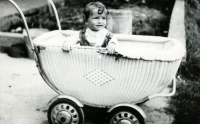
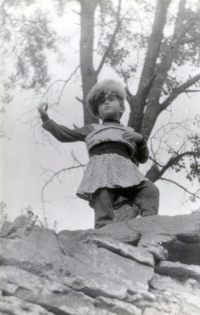
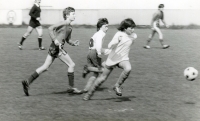
![Jan Gogola first from the left, in the grammar school group called Hlas z okru [Voice of Ochre], 1988](https://www.memoryofnations.eu/sites/default/files/styles/witness_gallery/public/2021-05/Jan%20Gogola%20ml%20foto%2004.jpg?itok=cjYLN-5M)
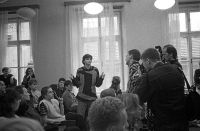
![At FAMU [The Film and TV School of the Academy of Performing Arts], 1996](https://www.memoryofnations.eu/sites/default/files/styles/witness_gallery/public/2021-05/Jan%20Gogola%20ml%20foto%2006.jpg?itok=-XIVdrAD)
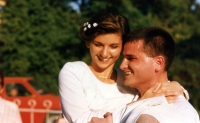
![Making the film Česko na provázku [Czechia on the Rope], 2009](https://www.memoryofnations.eu/sites/default/files/styles/witness_gallery/public/2021-05/Jan%20Gogola%20ml%20foto%2008.jpg?itok=sehaUHP0)
![Making the film Exkurze aneb Historie současnosti [Excursion or History of Today], 2014](https://www.memoryofnations.eu/sites/default/files/styles/witness_gallery/public/2021-05/Jan%20Gogola%20ml%20foto%2009.jpg?itok=VjoO81nq)
